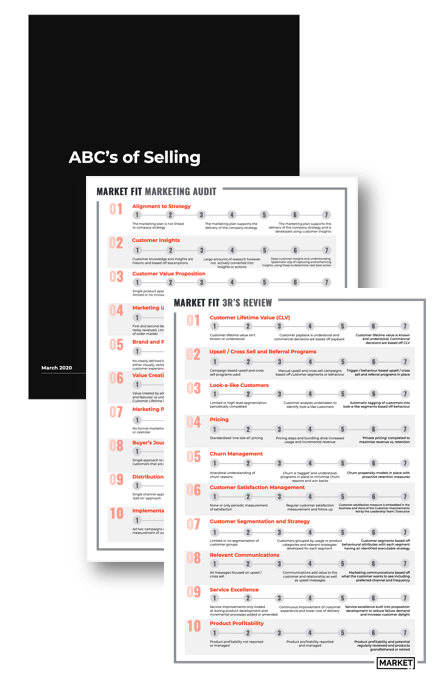You can’t go round the block a few times without skeletons in the closet. So you can understand why a recent piece from Accenture stopped me dead in my tracks. Thankfully, the world’s finest management consulting minds mentioned the liquid workforce weren’t analysing a rather dreadful dance craze I once appropriated for an almost as awful Vodafone campaign. They were instead referring to…
The emergence of a flexible, adaptive and responsive workforce, and how it is changing how business operates.
Like many of today’s business changes, digital transition is the driver – hastening the pace of change, and multiplying competition. Earlier posts have covered the challenges this creates for diverse areas of your business. The effect on your workforce is no different, driving a need for business flexibility in at least three core areas – skills development, project planning, and organisation structure.
However, dwarfing all of these is the emerging trend of freelance.
According to Intuit software, 43% of the US workforce will be freelancers by 2020. Across the Atlantic the view is no less aggressive. Tammy Erickson (Executive Fellow of Organisational Behaviour at the London Business School) believes the number closer to 90%, with full-time workers replaced by project-based teams hired for specific periods by team managers acting more like Hollywood casting agents than “Sue from HR”.
Tammy sees this as the result of ongoing step changes in the “cost of communication”, started by computers in the 1980s, and now powered by a new set of tools lowering the “cost of co-ordination”.
“What has happened is another step change decrease in the cost of communication – and every time that happens, we have an opportunity to rethink our organisation, and rethink it with one eye towards – what do I no longer need to own? What could you just use when you need it, and co-ordinate with on an as-needed basis?”
The rise of platforms empowering global marketplaces, with access to millions of freelancers is real and is here now. I should know – I use them almost every week. Here’s but a short sample:
- freelancer.com (also known as the author of I didn’t write this (that’s why it’s good)). Freelancer is the world’s largest freelancing marketplace, offering almost 20 million freelancers from almost 250 countries. So, pretty hard to not find someone good amongst all that.
- 99Designs (also known as the source of my new logo). With almost 370,000 customers served by a “team” of one million designers around the world, it’s no wonder they offer “A design you love or your money back”.
- upwork.com. The main competition to freelancer ten million freelancers helping over four million businesses is some sort of scale…
- Specialist outsourced shops (one of whom is currently refreshing my website)
A boutique consultancy like mine has built in the course of a year not only a network of international freelancers, but more importantly a leveraging my 20 years of experience to build a similar local team – all of whom I know I can call into a project as and when required. For my customers this means freedom from resource concerns (I have that covered, and will only use the best to protect my own reputation). For me I can now better manage the quality of my projects, calling on specialist skills without the requirement of overhead or a full-time workforce.
Key Takeaways
- Is your business taking full advantage of the liquid workforce, increasing capability and lowering cost?
- For large businesses how can the liquid workforce create a lower, more flexible cost structure?
- For small and medium businesses how can this resource improve your capability beyond what was previously possible? Can you isolate and refine your core competency, what differentiates you from the market, gaining the leverage and scale of using freelancers for the rest?
- If you are an employee –
- Are you evolving your skills so you won’t be replaced by technology? How are you remaining relevant in an increasingly dynamic market?
- Are you evolving your skills so you won’t be replaced by a freelancer?
- How can you iteratively add value?
- Finally, a word of warning. If you are a freelancer (or employee) you can never be average. Access to the global economy means there’s always someone capable of delivering average for much less than you. Successfully competing means being exceptional.
KS
This post was originally posted on www.theexponential.agency




